So… What Was That?
Ever had one of those days where you’re finally unwinding on the couch, maybe scrolling your phone, when—bam!—there’s a super-odd fluttering right under your right breast? Ugh. It’s that little muscle spasm that’s literally impossible to ignore for those few seconds. I was there just a few weeks ago, mid-Netflix binge… totally relaxed and then my chest decided it needed its own half-second solo performance.
Immediately I thought, “Wait, is that normal? Is something under there… twitching?” If the phrase if you have a twitch or a muscle spasm behind your right breast bone what can it be has ever crossed your mind (honestly, welcome to the club), you’re in the right spot. Let’s dig in—no judgment, no scary jargon, just some real talk about what’s going on when your ribcage decides to get all quirky.
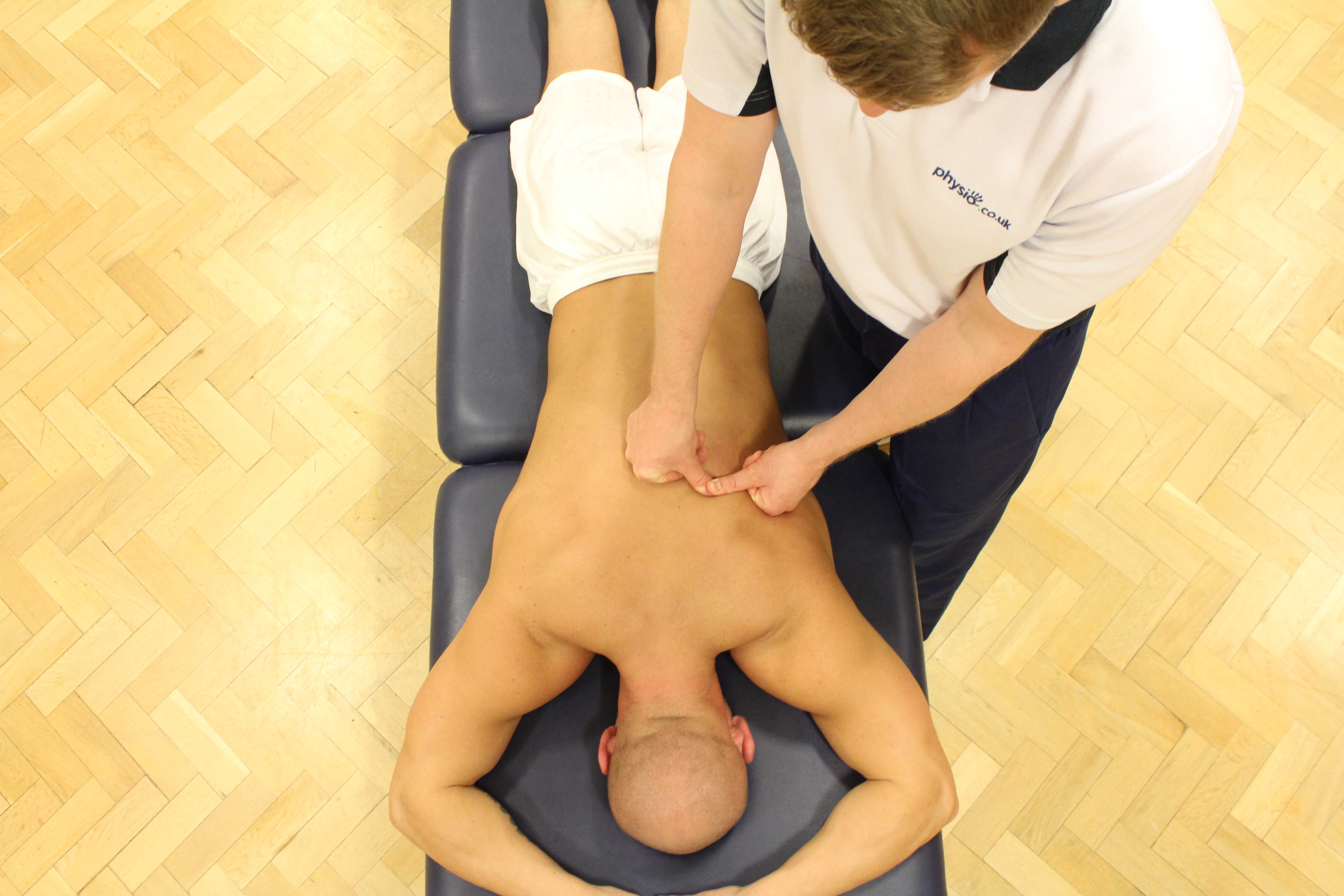
Muscle Quirks or Something Bigger?
Alright—before we get into wild scenarios, let’s break down what’s most likely happening first. Under your right breast is a whole ecosystem: muscles, bones, bits of cartilage, even your diaphragm if you go deep enough (more on that in a minute). Sometimes, your chest wall muscles, especially the pectoralis major, just do their own thing. They contract a little, then relax, and before you know it, you’re feeling this totally out-of-nowhere spasm right behind your breastbone.
These are called fasciculations (don’t worry, nobody’s going to quiz you on that). It’s basically a fancy term for muscle twitches that most people have at some point. According to research on muscle twitch causes, they’re super common, and mostly harmless—usually firing off thanks to flavors of everyday stress, that third cup of coffee, not sleeping enough, or sweating too much at the gym. Your chest just has more nerves and different muscles squished into a small space, so you’ll absolutely notice a twitch here compared to, say, your calf or eyelid.
Why All the Fuss? Blame Life (and Some Science)
There’s actually a long list of reasons for these weird sensations:
- Stress: Emotional overload equals tight, twitchy muscles (I’m convinced mine clock in overtime during tax season).
- Caffeine: That bonus shot in your latte—yep, it can absolutely do it. Caffeine is a stimulant, and sometimes it just wires your nerves right up.
- Dehydration or low electrolytes: Sweat a lot? Have you skipped water all day? Your muscles like their fluids and minerals balanced.
- Lack of sleep: Truth? If you’re running on fumes, expect random spasms and, well, very little sympathy from your chest wall.
I once spent a summer marathon training, and got surprise twitches everywhere, especially if I spaced on hydration. Adding bananas and a little sports drink to my routine… magic. Seriously, for a lot more on the science, check out this Weird muscle spasm near heart explainer that makes it sound way less terrifying than you might expect.
So…What’s Even Under the Right Breast?
Now, let’s get anatomical (don’t click away yet!). If you’re wondering which organ is under the right breast—or just want to point at an anatomy chart because Google made you paranoid—here’s the simple scoop:
- Ribs and cartilage: The “front frame.”
- Pectoral muscles: These do most of the “twitching” you might feel here.
- The diaphragm: Sits kind of underneath your right breast, especially noticeable if you take a mega-deep breath.
- Liver and gallbladder: Lower down, tucked under the ribs on your right side but still nearby if we’re being precise.
- Your esophagus and a bit of your stomach: Depending on your position and what you’ve eaten.
If you want a deep-dive, here’s a surprisingly helpful article about which organ is under the right breast. It made me realize just how many organs are packed in that little corner.
Diaphragm Drama, Anyone?
If your twitch or “flutter” feels deeper—like behind your ribs, just below the chest—you might be noticing your diaphragm doing the cha-cha. This muscle is basically your main “breather”: it moves down when you inhale, up when you exhale. (Kinda like a bellows if you’re into old-school analogies.)
- Diaphragm spasms can feel sharp, especially if you’ve been coughing, laughing, or doing weird stretches.
- Sometimes they happen after a big meal (think hiccups, only sneakier and in a weird place).
- If you’re super anxious, your chest and diaphragm can both cramp, which feels way more dramatic than it is.
I remember getting this odd, persistent cramp during finals in college—literally thought something deeply sinister was going on. Turns out, too much coffee and too little sleep (plus… hello, ramen noodles) were the perfect recipe for spasms, especially in my diaphragm area. It cleared up after I finally, you know, hydrated and chilled out.
Can It Be Something Serious?
Let’s not sugarcoat it: occasionally, yes, a spasm under the right breast can be something a bit more dramatic. But before you spiral, remember: most of the time, it’s not your heart. (The stats back me up. Only 2% of angina cases are actually due to coronary artery spasms, and those are rare—plus, they bring major, hard-to-ignore symptoms along for the ride.) According to research on coronary artery spasms and further info from Cleveland Clinic data, you’d know if it was more than a twitch. The feeling would be chest tightness, pain radiating to your arm or jaw, probably with breathlessness or nausea—not a little flutter.
If you do feel something that lingers, spreads, or messes with your breathing? Don’t play hero here. Call your doc. Got a family history of heart issues? Still worth mentioning at your next checkup, even if just for peace of mind.
Quick Table: Benign Twitch vs. When to Call for Backup
| Benign Muscle Twitch | Concerning Symptom |
|---|---|
| Twitch is mild, local, comes and goes | Persistent, crushing, or radiating pain |
| No other symptoms (no breath trouble, no dizziness) | Shortness of breath, dizziness, nausea |
| Triggered by stress, exercise, or dehydration | Lasts longer than 30 minutes or wakes you up from sleep |
| Goes away with gentle rest, hydration, or massage | Nothing relieves pain; gets worse with time |
Esophageal Spasms or Rib Pain—Sneaky Imitators
Sometimes, what you think is a weird muscle spasm is actually your esophagus going rogue. These esophageal spasms can trigger pain or funky zinging sensations in the chest, especially after swallowing super hot, icy drinks, or during stress. You might notice it’s hard to swallow for a second, or get what feels like a “bolt” through your chest after spicy food. Not fun—but rarely dangerous. According to Cleveland Clinic’s advice, these spasms are harmless, but if they’re regular or feel scary, they’re worth sharing with your doc.
Or sometimes, it’s just the cartilage between your ribs and breastbone having a bad day—a quirky, dull ache or sharp jab that gets worse if you breathe deep or twist. (Hello, costochondritis!) This is also super common, by the way, especially if you’ve been lifting, sneezing, or coughing a ton.
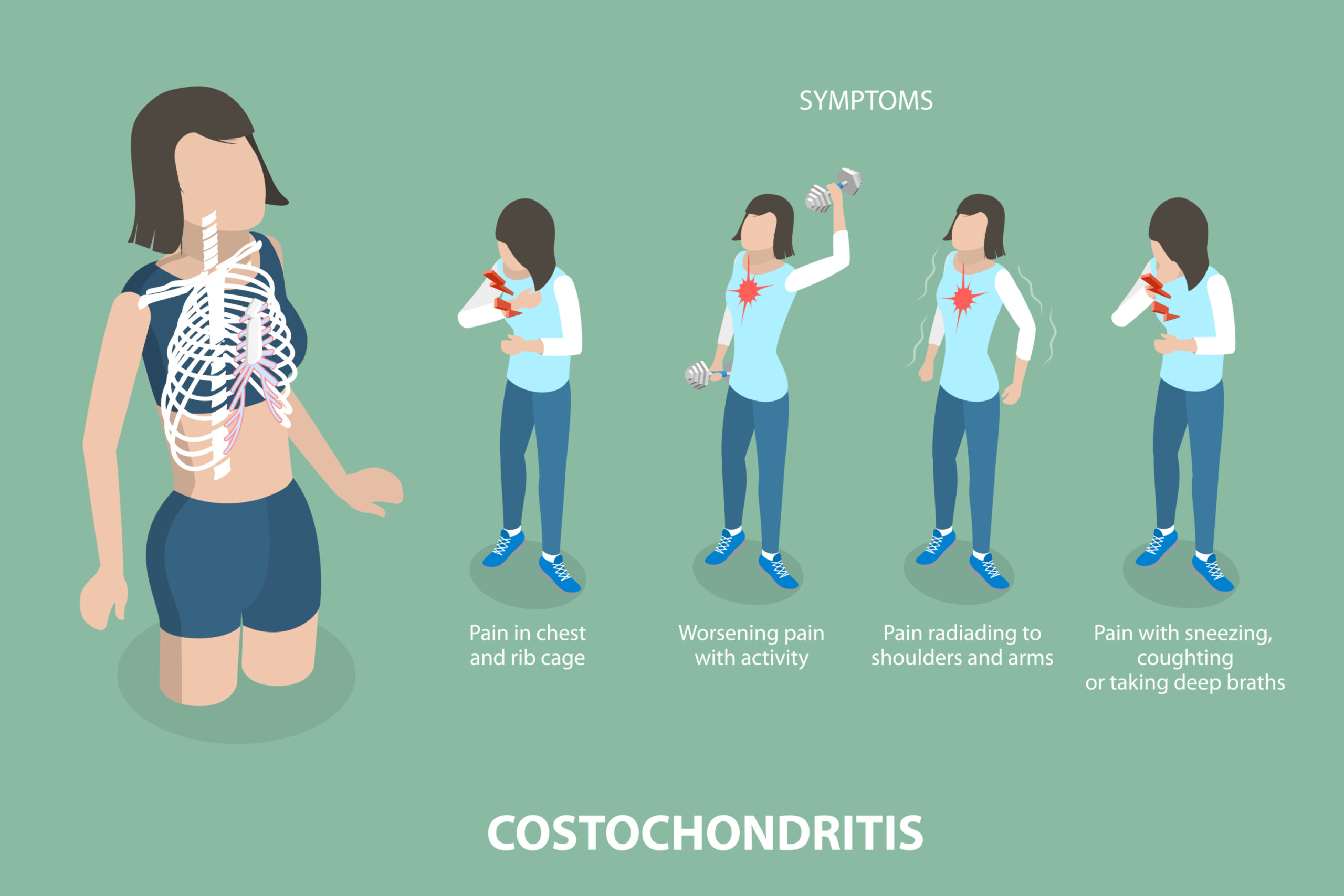
So…What Can You Do About It?
Let’s get practical here—you’re scrolling because you want to stop the twitching, not just read about why it happens.
- Hydrate like you mean it. Your muscles crave a steady flow of fluids and electrolytes. Seriously, start tracking your water for a day—you’ll notice a difference.
- Ease up on caffeine (sometimes). That 3 PM coffee? Maybe swap it for herbal tea or water if the twitches are driving you nutty.
- Move a bit, stretch a bit. Gentle movement can re-set jumpy muscles and calm those nerves.
- Try a belly-breathing break. Inhale deep, try to let your belly (not your chest!) expand for a count of four, then exhale slow. Your diaphragm and nerves might literally sigh with relief.
- Rest up. No prize for most sleep-deprived—your body needs real rest to re-set nerve-messages everywhere, including your chest wall.
If you suspect your muscles are just being weird, maybe try a banana or a handful of almonds for a magnesium and potassium boost. It’s honestly wild how often that simple hack works.
Real Talk: Stories from the (Muscle) Front Lines
Want to hear something relatable? My friend Simon kept getting chest twitches post-marathon training… until we realized he was living on Red Bull and no water. As soon as he “rehydrated and de-caffeinated,” the twitches left with zero drama. (He still won’t drink herbal tea, but I call that a win.)
There’s also that time I binge-watched cooking shows and ate way too much spicy food. An hour later? Diaphragm spasm city. Thought I’d done damage, but ginger tea and some deep breathing got me sorted out. Could have saved hours of anxiety, honestly, if I’d seen a blog like this one. (And, as mentioned, this article on which organ is under the right breast cleared up a ton of my “what’s down there?” confusion on a random weeknight.)
Quick Recap (And Your Next Move!)
Here’s the biggie: If you have a twitch or a muscle spasm behind your right breast bone what can it be, most of the time, it’s just your body being, well, human… tired, stressed, maybe a little under-nourished or over-caffeinated. Fasciculations, diaphragm cramps, rib cage quirks—they’re all regular guests on Team “Annoying but Harmless.” Give yourself a bit of grace, take a deep breath, drink some water, maybe cut back on that third espresso shot. If your brain is still running wild, take a look at Weird muscle spasm near heart for even more insights, or peek at which organ is under the right breast to anchor your curiosity.
But—if anything feels “off” (I’m talking pain that persists, spreads, or brings on shortness of breath), talk to your doctor. Sometimes “better safe than sorry” is the mantra we need. And hey, maybe keep a little journal of what you ate, how much you moved, and how much you stressed; you’ll be amazed how quickly a pattern (and solution!) can show up.
Let’s Keep This Real
You read all the way here—so I know you care about little (and not-so-little) mysteries your body throws at you. Next time that quirky twitch shows up behind your right breast bone, remember: you’re definitely not alone, and nine times out of ten, it’s nothing to panic over. Keep checking in with yourself… gently. And share your weirdest muscle moment below—because the more we talk, the better we all feel. Stay curious (and hydrated), friend!

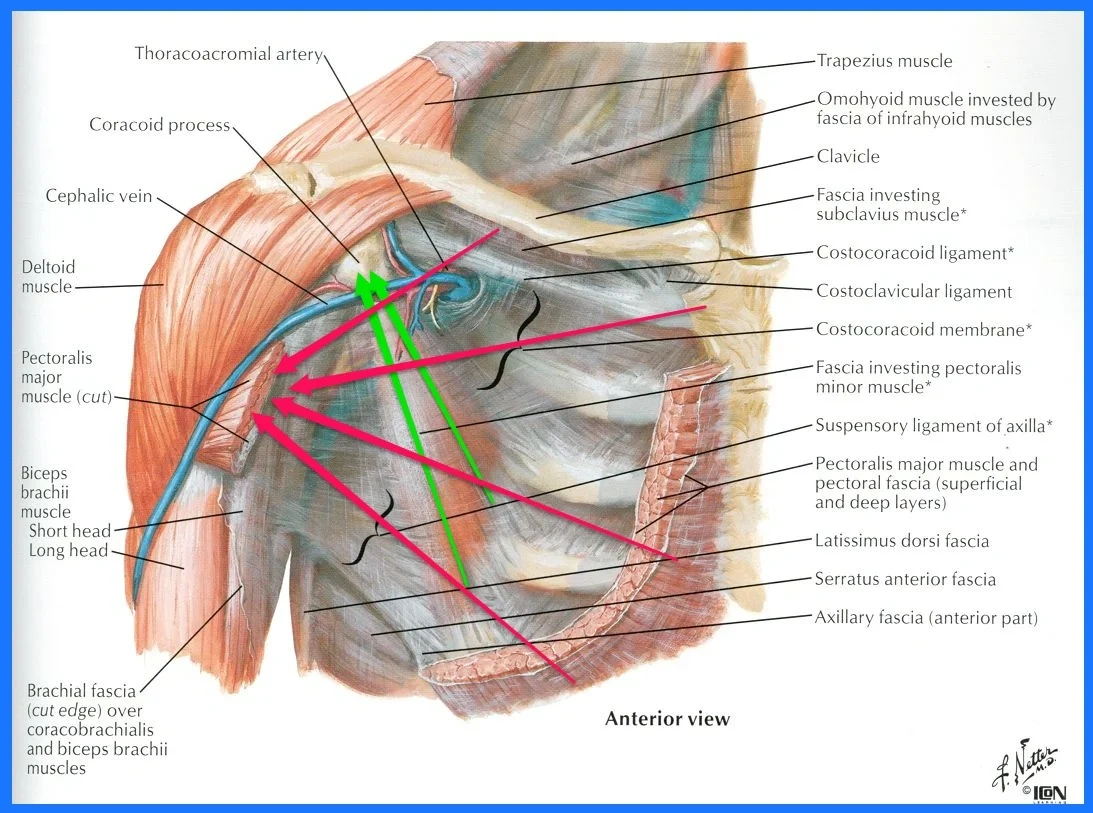






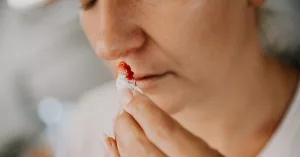
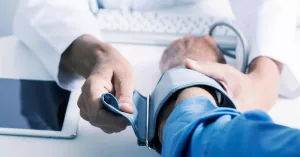







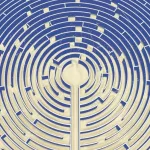

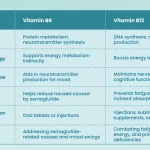


Leave a Reply
You must be logged in to post a comment.